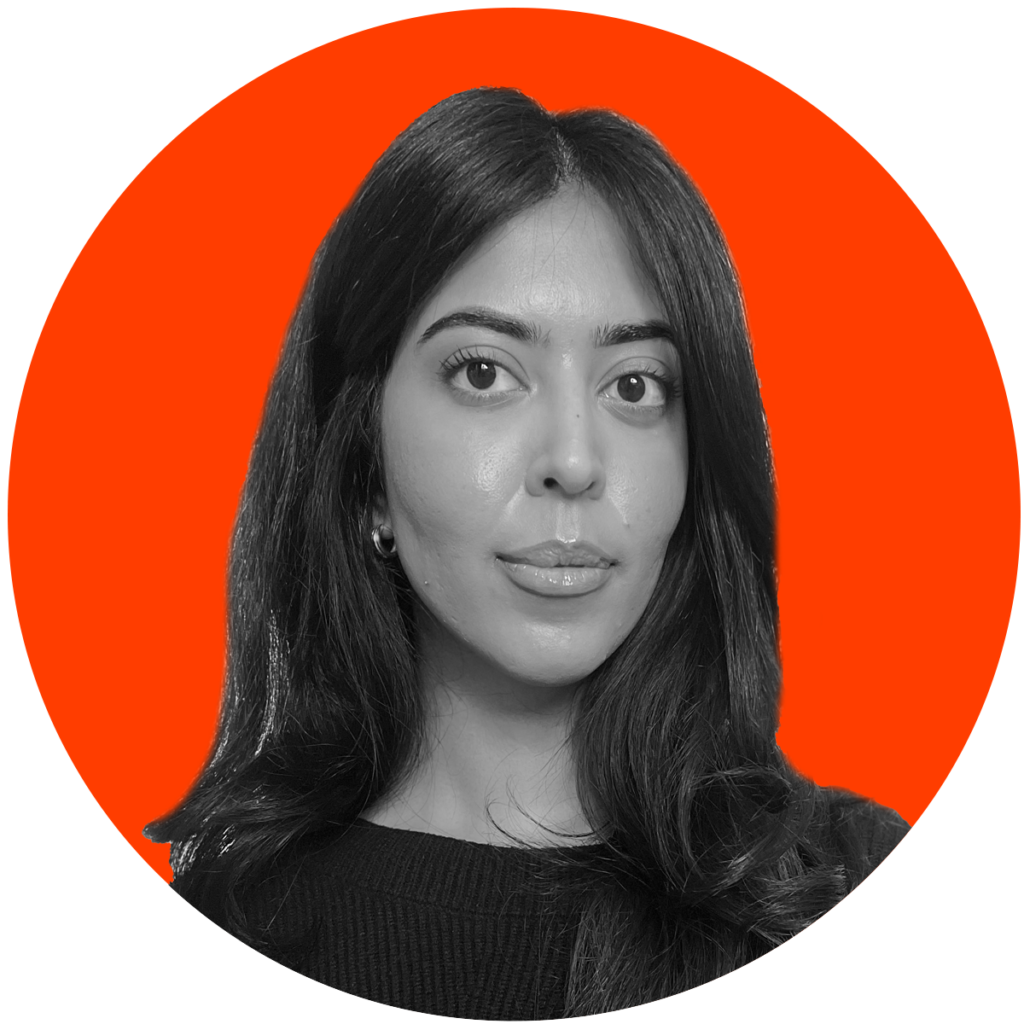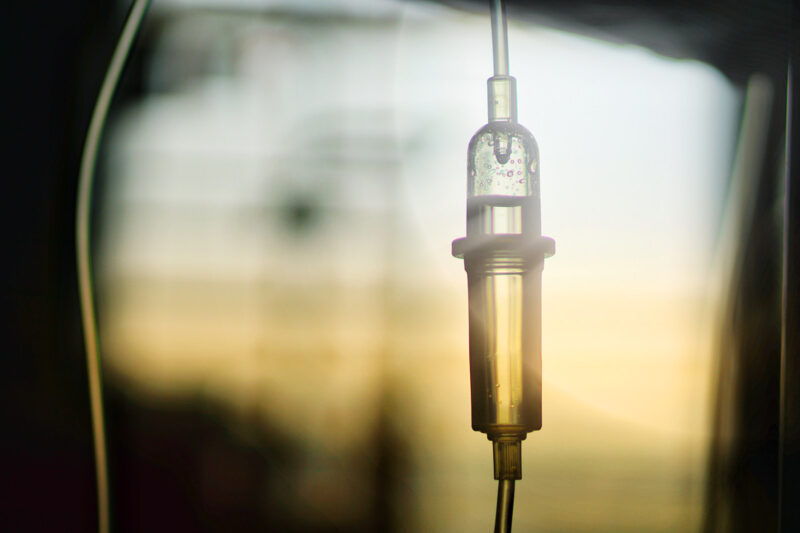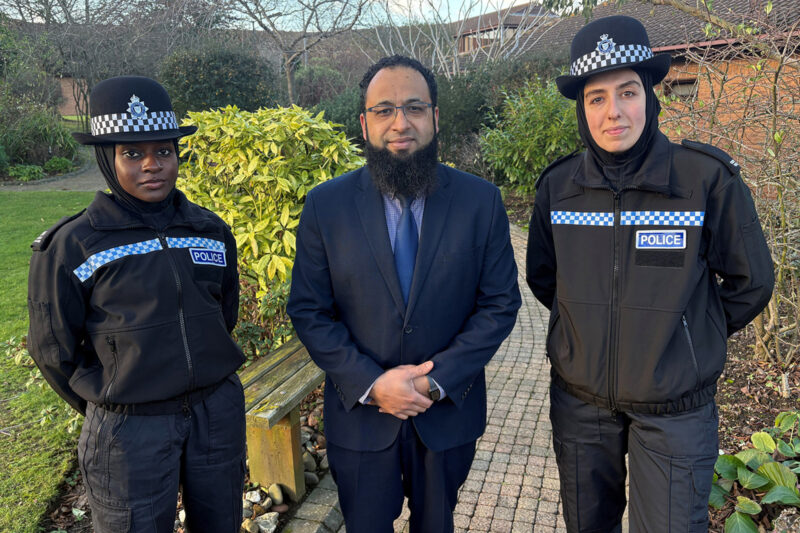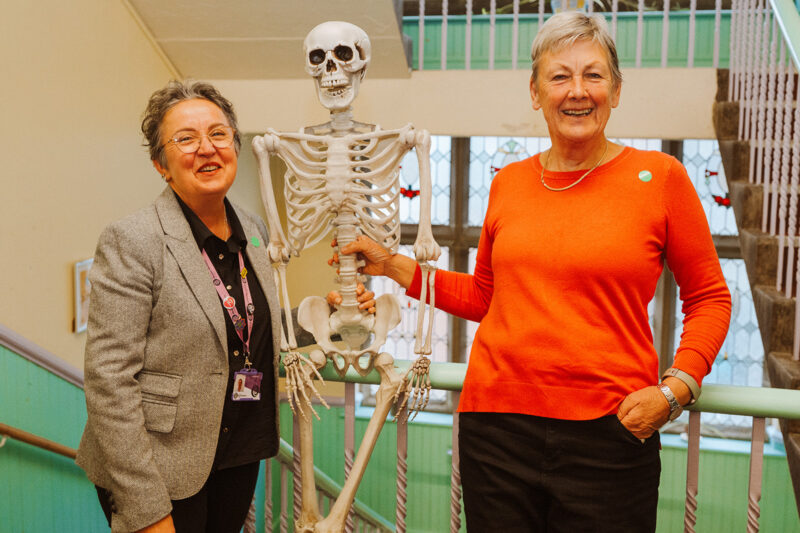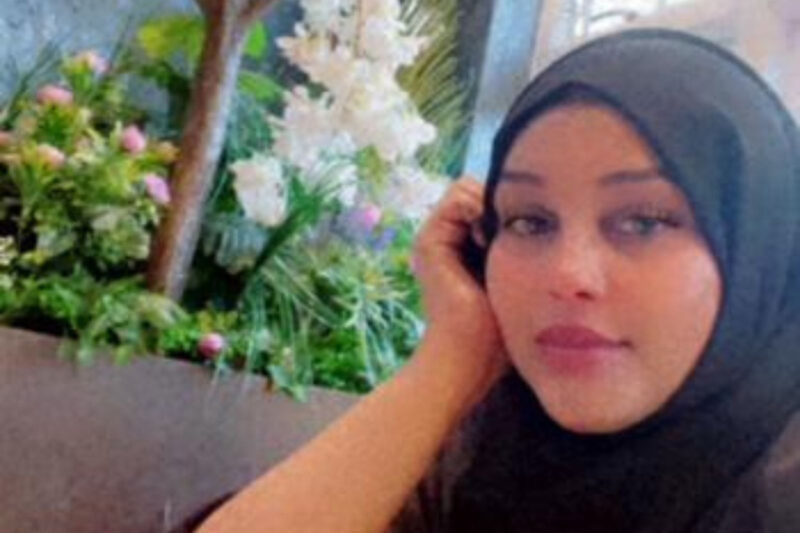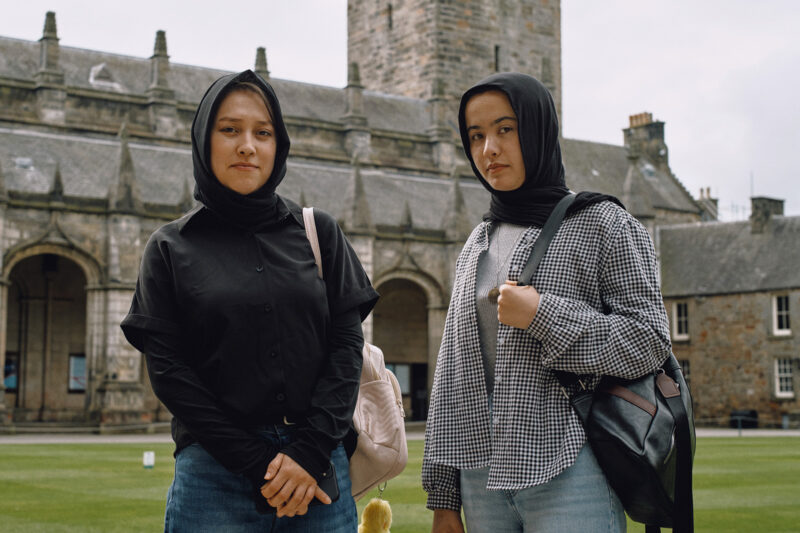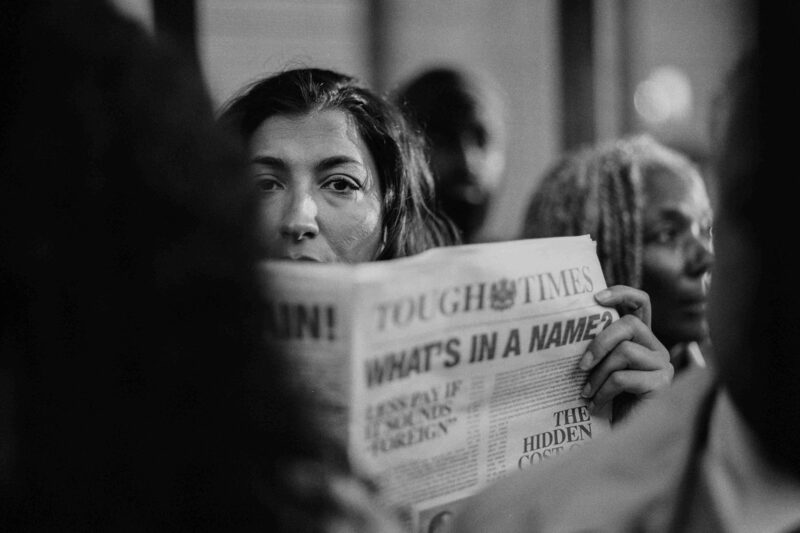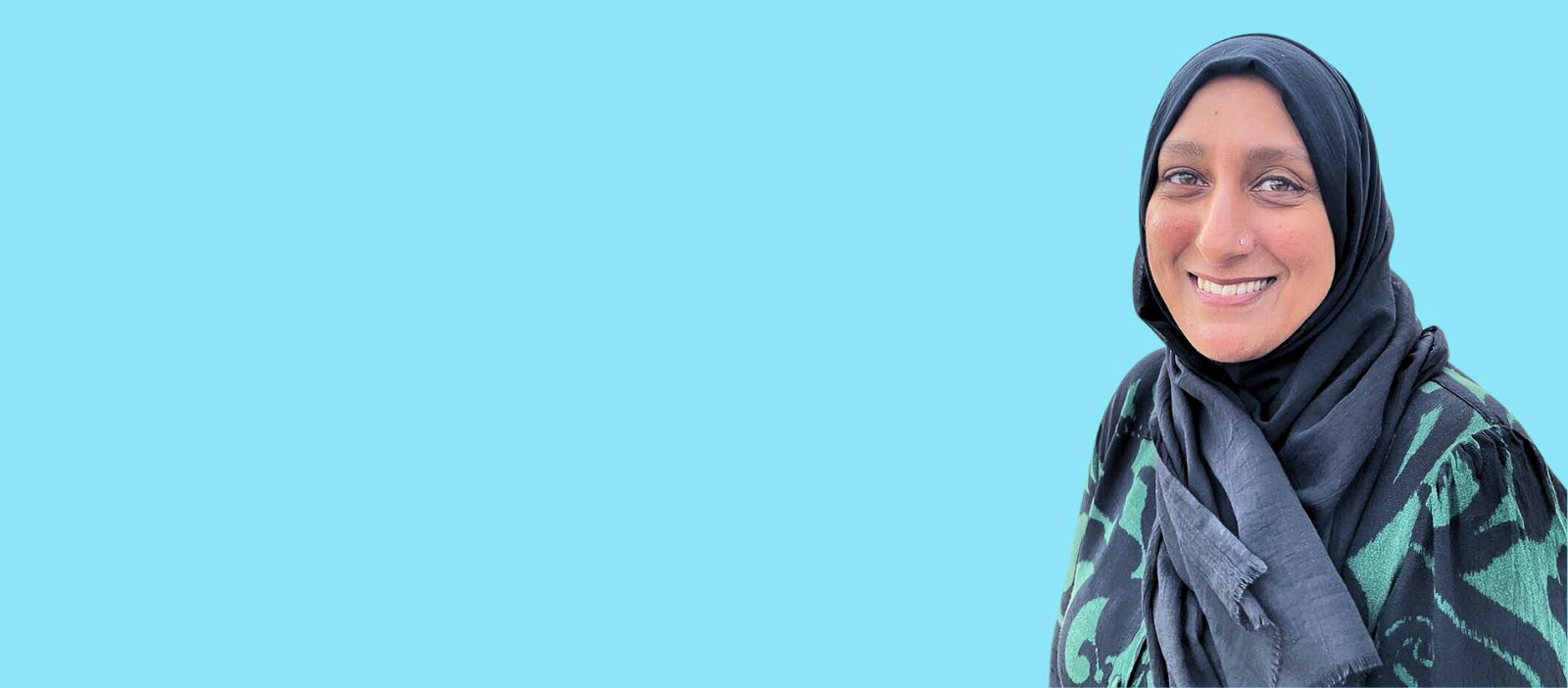
Cancer awareness activist Allia Amjad: ‘There are still so many fears and taboos’
Allia Amjad, a primary school teacher and community activist in Leicester, founded the At-Taqwa Cancer Support Group in 2021. Photograph courtesy of Allia Amjad
While undergoing cancer treatment, Amjad longed to connect with other Muslim women who shared her experience, so she founded a support group
Allia Amjad, 52, is a primary school teacher and community activist from Leicester. She was diagnosed with breast cancer in July 2019 after finding a lump during a self-examination. Describing her shock at the diagnosis, Amjad said she had been vigilant with routine examinations after having undergone surgery for a benign cyst in 2014.
During treatment, Amjad struggled with the loneliness of her experience and longed to find other Muslim women who she could relate to. In 2021, she founded the At-Taqwa Cancer Support Group, with the aim of tackling some of the taboos and stigma surrounding the disease. In recognition of her efforts, Amjad was nominated in the community spirit of the year category at the 2024 British Muslim Awards.
This interview has been edited for length and clarity.
Tell us about the motivations behind starting your support group.
While I was going through treatment, I really wanted to speak to other Asian or Muslim women about their cancer diagnosis, but I struggled to find anyone. So I began documenting parts of my story on Instagram, and slowly people started reaching out. After a while, it became an online space for people to share their experiences. They were looking for someone who understood, someone to talk to.
Once Covid-19 restrictions ended, I felt I had to create a space where women could get together and have a safe space to talk about cancer, especially where so many fears, taboos and misunderstandings still exist around it. I contacted the charity Macmillan Cancer Support, and in 2021 they helped me secure a very small grant that could help me run a support group for a year.
Where is your support group based and when does it meet?
We’re based in At-Taqwa mosque in Leicester, an open space where anyone from the community is welcome. We are mostly South Asian and African, and we’ve had non-Muslim women come along too. It’s also not just for women who have had cancer. It’s for anyone who has been touched by cancer — those who are bereaved, or carers, or anyone affected by cancer in any way.
Though our funding has long run out, we’re still going on a volunteer basis running sessions once a month, with around 10 attendees each time.
Research shows women from Black and South Asian backgrounds are more likely to be diagnosed with late-stage breast and ovarian cancers. What are some of the barriers that women from these backgrounds face in getting diagnosed?
There isn’t enough awareness about cancer in our communities. People in our community are not checking themselves regularly. When we do notice something, we are not going to the GP early enough for it to be detected. So as campaigners, we need to spread awareness in places like mosques, temples and gurdwaras.
What are some of the taboos surrounding cancer in our communities?
In many of our cultures, people don’t tend to talk about illness. It’s like you’ve got to put on a brave face and get through it. I’ve had women come through the door and say things like: “I’m not allowed to say the word cancer in front of my family because it’s deemed a death sentence, no matter what your prognosis is.” People tend to hear the word cancer and automatically think that person is going to die.
Another woman told me that after she was diagnosed, people came to her house to give her their condolences. So we have got challenges where people do not understand how to approach somebody who has been diagnosed with cancer, when actually the prognosis in many instances is very good if the cancer is caught early. We’re trying to get people through the door and say, let’s talk about cancer, so if you have a relative going through the treatment process, you know how you can help.
Why do you feel the support sessions are so vital?
When you’re going through something like that, you just want to speak to someone who can understand and has had a similar experience. You want to talk to someone who knows what it’s like to receive a diagnosis, and what it’s like to go through chemotherapy. You want to share and learn coping strategies, because going through that journey can be lonely.
I’m really blessed because I’ve got a fantastic family support network around me, but not everyone has that privilege. It can be especially difficult for women who are living in large extended families, as they often feel they are not able to express themselves in that environment.
What advice would you like to share with women?
You have got to take care of yourself. We need to be checking ourselves. If you feel ill or find anything out of the ordinary, you should absolutely make an appointment to see your GP.
 Newsletter
Newsletter

